June 3, 2025 | 09:07 GMT +7
June 3, 2025 | 09:07 GMT +7
Hotline: 0913.378.918
June 3, 2025 | 09:07 GMT +7
Hotline: 0913.378.918
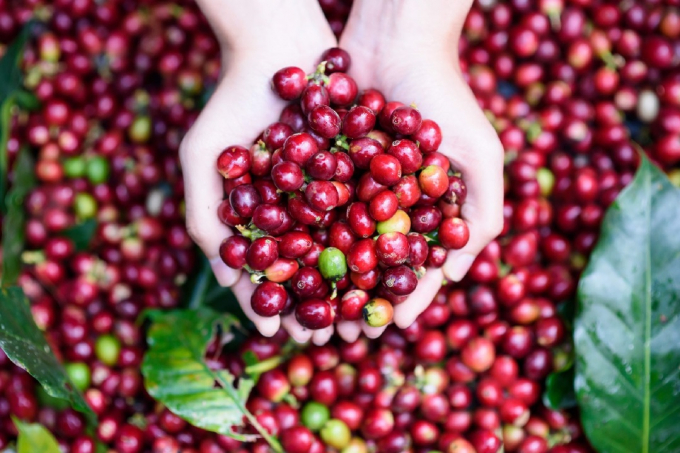
Coffee export is one of the key directions for Vietnamese agricultural products.
On August 12th, the Trade Promotion Department (Ministry of Industry and Trade) and the Vietnam Trade Office in Morocco held an online consulting session on this market. This is an event within the framework of an online conference connecting consumption, promotion of agricultural exports and aquatic products in the Southern region and the Central Highlands in 2021, organized by the Ministry of Agriculture and Rural Development, the Ministry of Industry and Trade and related ministries, committees, and agencies to coordinate implementation.
According to Mr. Do Viet Phuong, Head of the Vietnam Trade Office in Morocco, this African country has great demands for coffee, with the main product being unroasted coffee for processing, suitable for Moroccan consumers' taste. This also happens to be a strong productline of Vietnam.
Over the past 10 years, trade relations between Vietnam and Morocco have developed positively. Two-way turn-over has been keeping a steady growth momentum. Vietnam's main exports to Morocco include: rice, pepper, canned pineapple, phones and components, computers, coffee, seafood, spices in general, chemical products,textiles, footwear…
According to a report by the Vietnam Trade Office in Morocco, agricultural products account for 60% of Vietnam's total export turn-over to a country of nearly 40 million people. The majority of which are coffee, pepper, cashew nuts, processed foods and spices of all kinds.
The Vietnam Trade Office in Morocco said that domestic enterprises should focus on this market, since Morocco has the most stable political and social security in its region. In addition, the country has geographical advantages: close to Europe and located on the trade route connecting the Indian Ocean with the Atlantic and Mediterranean. If this market can be dominated, Vietnamese agricultural products will have the ability to access further markets in Africa, the Middle East and Europe.
Another reason being that the African Continental Free Trade Area (AfCFTA) was signed in March 2018, effective from January 1, 2021, making Africa the largest free trade area in terms of number of participating countries, since the establishment of the World Trade Organization (WTO). This is a favorable factor for Vietnamese goods to enter the Moroccan market, before expanding its market share to neighboring countries.
As for the Moroccans, this country's consumers appreciate exports from Vietnam. Mr. Do Viet Phuong, Head of Vietnam Trade Office in Morocco commented, Vietnamese goods are able to reach all Moroccan market segments, from affordable to mid-range and high-end.
"The potential for exporting agricultural products to this market is huge. The demands for agricultural products in general and agricultural processed products in particular by Moroccans is relatively stable," said a representative of the Vietnam Trade Office in Morocco.
Although great potential resides, the Moroccan market still has its challenges. First is the competition from agricultural products from China, Indonesia and India. Secondly, Morocco's tariff barriers on imported goods in general, and agro-forestry-fishery products in particular, are high, as high as 60%. Thirdly, the ability to make purchases in many places is still limited.
The Vietnam Trade Office in Morocco recommends that, during business cooperation to increase compliance with commitments and reliability, businesses need to ask their purchasing partners to make a large deposit, at least 25% of the total value of the shipment. Do not transfer in advance to a purchasing partner any amount of money at their request for any reason
Translated by Nguyen Hai Long
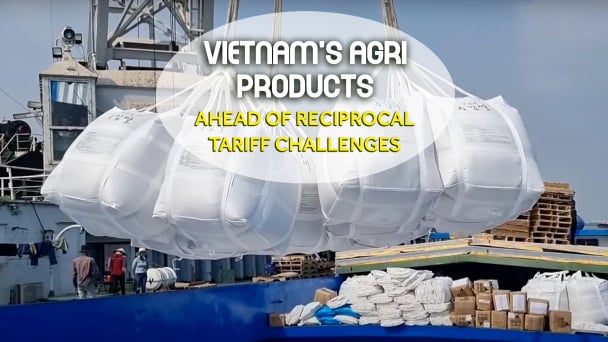
(VAN) Businesses in Vietnam are attempting to export rice to the United States ahead of the implementation of reciprocal tariffs, while remaining their optimism regarding this critical market.
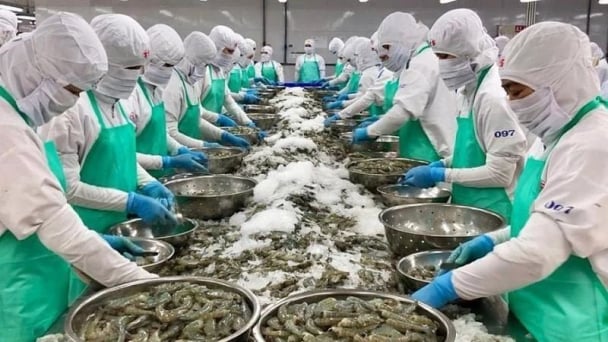
(VAN) From containers of cashew nuts, shrimp to in-depth technical dialogues, agricultural cooperation between Vietnam and the United States is entering a period of sustainable and two-way development.
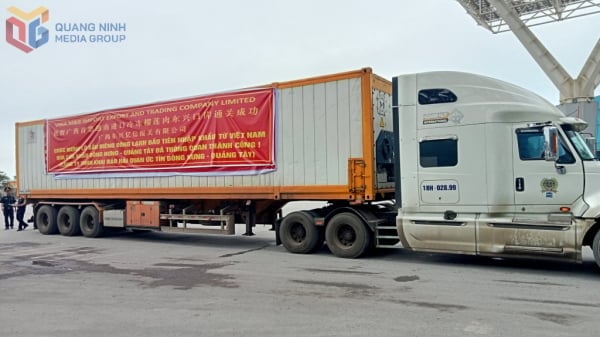
(VAN) After the talks on May 28, Vietnam successfully exported its first batch of frozen durians to China, marking a new milestone in agricultural trade cooperation between the two countries.
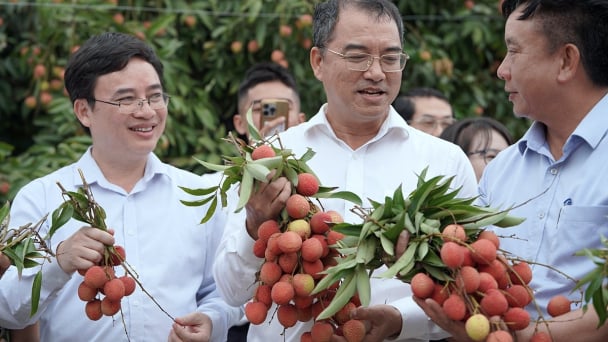
(VAN) Several major companies, such as Red Dragon and Ameii Vietnam, have signed purchasing agreements for the 2025 season, targeting markets including Japan, the United States, and the EU.
/2025/05/30/5010-5-173638_943.jpg)
(VAN) On May 29, at the GO! My Tho Trading Center, the Tien Giang Department of Industry and Trade, in collaboration with Central Retail Corporation, held the opening ceremony of the 3rd Fruit Festival 2025.
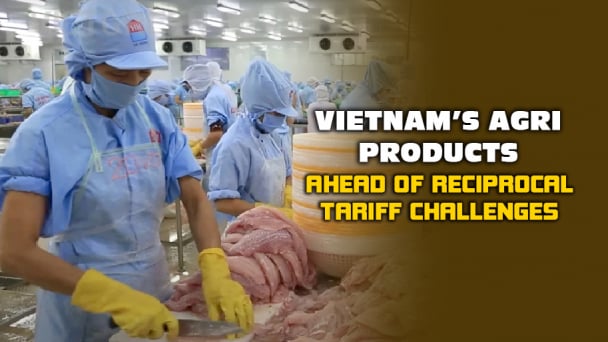
(VAN) Reciprocal tariffs are exerting pressure on U.S. exports, prompting Vietnamese firms to shift their focus to Muslim markets, Thailand, and Brazil.
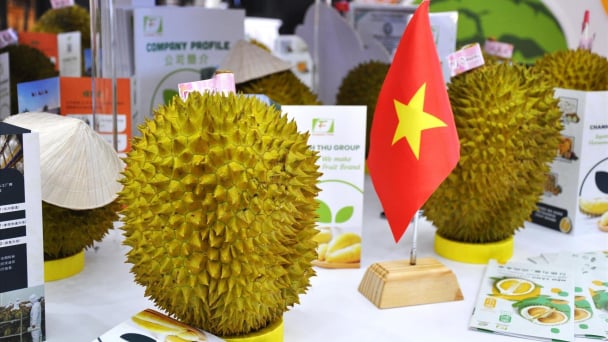
(VAN) A free booth for two years at Xinfadi, Beijing's largest wholesale market, will be allocated to Vietnam's agricultural products.